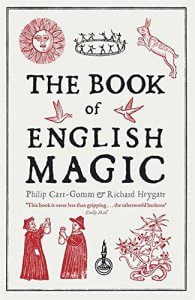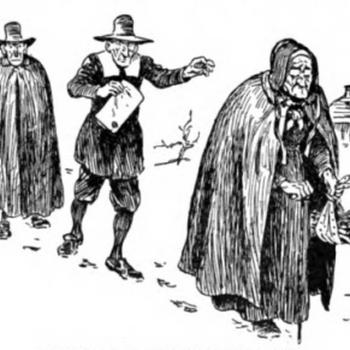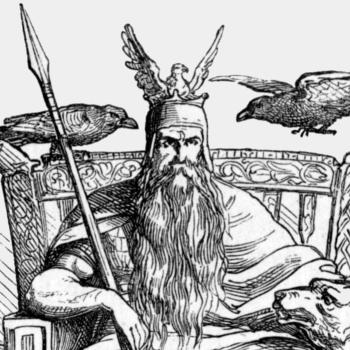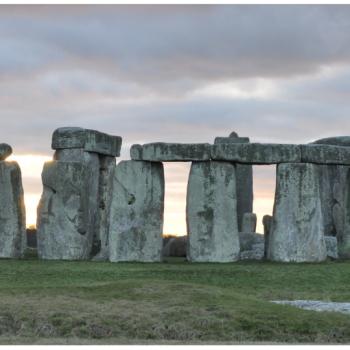 Philip Carr-Gomm & Richard Heygate, The Book of English Magic
Philip Carr-Gomm & Richard Heygate, The Book of English Magic
(Hodder Paperbacks, 2010)
★★★ Read of the Month! ★★★
It’s not that often that you come across a book for the Pagan/occult market that has praise from the Times, the Sunday Telegraph, the Daily Mail and the Daily Express splashed upon its cover. And what’s more, it’s written in part by Philip Carr-Gomm, one of the biggest names in Druidry in the UK. I therefore thought that there must be something special about The Book of English Magic.
And sure enough, it is a very good read! It’s a chunky, exhaustive guide to all forms of magical practice that have their origins in England – Arthurian legends, Anglo-Saxon spirituality, alchemists and Freemasonry to name a few. The book also introduces some of the key individuals who have shaped England’s magical landscape, including John Dee, Gerald Gardner and Aleister Crowley.
I’m sure one of the reasons The Book of English Magic found appeal in the mainstream press is its accessibility. It is very easy reading, with just enough depth in each topic to whet the appetite without getting bogged down. In fact, it is ideal as a first book for those who have never read anything about magic and the occult and aren’t sure where to start: not only is it a very friendly and concise introduction, but it can enable readers to put theory into practice right away. It contains ideas for deepening one’s understanding of particular branches of magic, activities for getting a taste of practices such as tarot and numerology, and an extensive bibliography of key works on each topic so readers can explore further should they wish. And it’s also full of illustrations and photos.
The Book of English Magic isn’t without its problems. Although well-written for the most part, the structure of topics seems a little haphazard at times with some elements of repetition (Chapters 5 and 8, for example, are about witches and cunning folk and are similar enough that perhaps they should have been merged). But the most serious problem is the bizarre decision to print the personal accounts contributed by other writers in really pale, indistinct text. No doubt this is to make them seem more “mysterious,” but in actuality it just makes the text really hard to read. I found it so taxing (I’m short-sighted as it is) that I just skimmed these parts, and felt that I missed out as a result.
Despite this relatively serious flaw, The Book of English Magic is still a wonderful read. It is a fantastic book for starters with points of interest for more experienced magic-workers as well. A quality read.
















